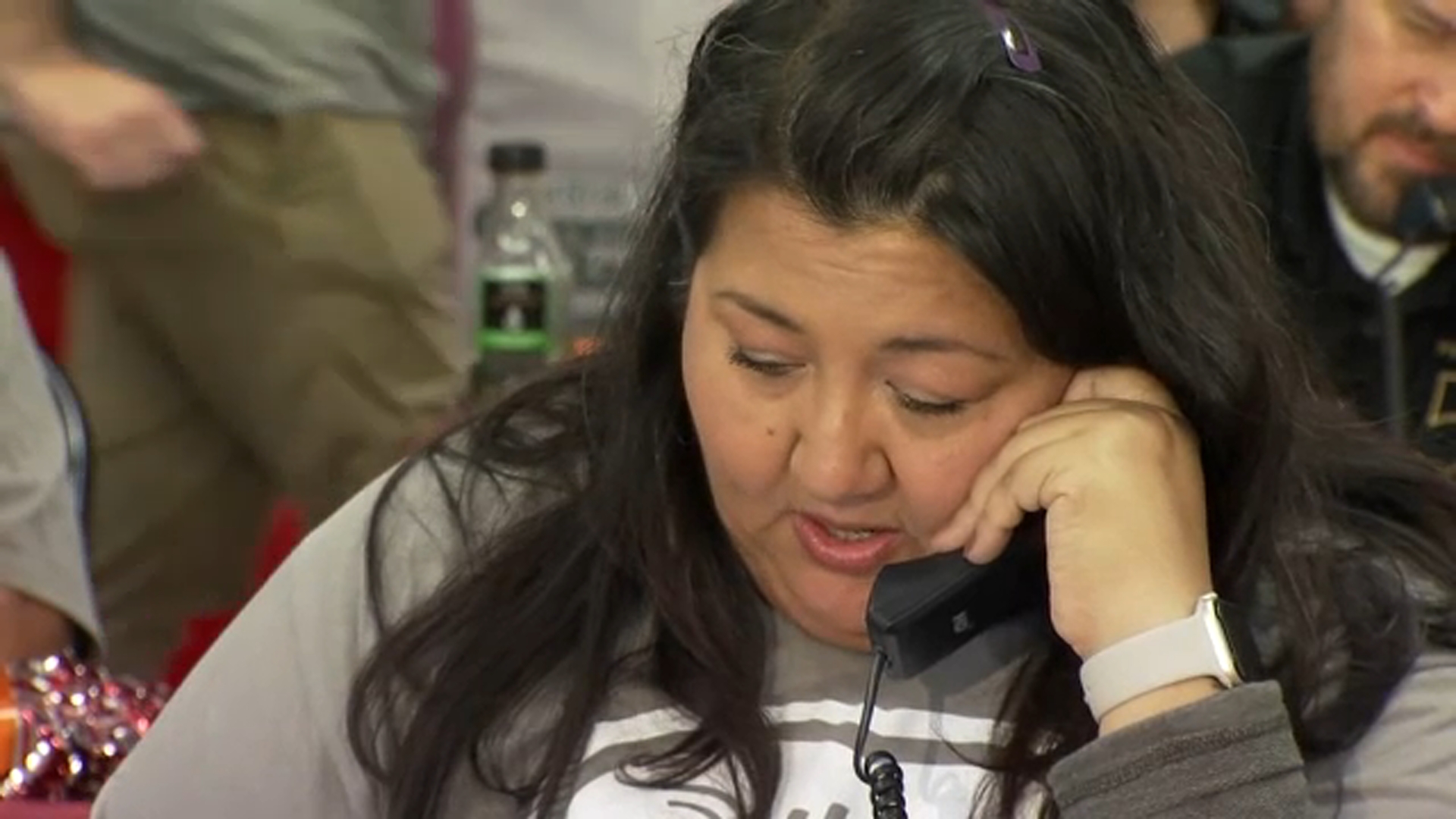Sheriff's deputies begin clearing out St. John's River area
TULARE, Calif. (KFSN) -- Crime is on the rise along the banks of the St. John's River, according to the Tulare County Sheriff's Office.
They're finding trash, drugs, and say private property near the river has been vandalized.
They also say there have been numerous near-fatal crashes as people try and cross Ben Maddox Way where it intersects the river.
Earlier this week, deputies and other county employees started going to the river.
They're telling the homeless that they need to leave within 30 days, but also offering to connect them with services or shelter.
"We're routinely going down there every single day and contacting either the same people and or different people to advise them of the different services and also that we expect everybody to move out within 30 days," Tulare County Sheriff's Office Lt. Joe Torres said.
Although crime is on the rise, Torres says the number of homeless they found staying near the river has decreased since they did a similar operation two years ago.
Back then, deputies counted 150 homeless, while this time, they only met with 50 or 60.
The 2017 Point In Time Count revealed there were 666 homeless people in Tulare County.
"It's not about arresting people, it's about trying to get them a better life, giving them an opportunity to do that by providing them the avenue for different services," Torres said.
"I do use the trail and I do see a lot of trash, a lot of stuff that gets left behind," said Agustin Jaramillo, who lives near the river. "But personally I really haven't had a big issue with it."
After the area has been cleared out, the sheriff's office says the cleanup process will start, with help from the parks department and the state department of fish and wildlife.
If people come back, they risk being arrested.
"We're hoping that with our visibility there it prevents people from actually going back and actually seeking the help that they really need," Torres said.








